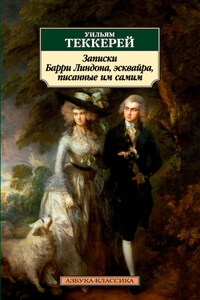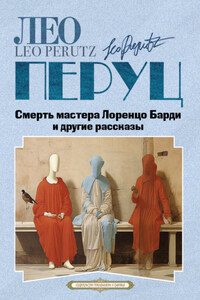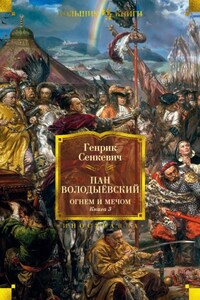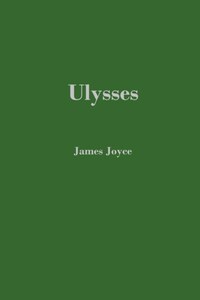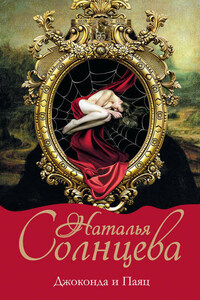CHAPTER I.
A YOUNG PIONEER
There was no happier boy in all Kentucky than Jack Gedney on the morning that completed the first twelve years of his life, for on that day his father presented him with a fine rifle.
Now, you must know that some of the best riflemen in the world have been born and reared in Kentucky, where the early settlers had to fight not only the wild beasts, but the fierce red men. The battles between the Indians and pioneers were so many that Kentucky came to be known as the Dark and Bloody Ground.
Some of you may have heard that the most famous pioneer in American history was Daniel Boone, who entered all alone the vast wilderness south of the Ohio, and spent many months there before the Revolution broke out. The emigrants began flocking thither as soon as it became known that the soil of Kentucky was rich, and that the woods abounded with game.
Among those who went thither, towards the close of the last century, were Thomas Gedney and his wife Abigail. With a dozen other families, they floated down the Ohio in a flat boat, until a short distance below the mouth of the Licking, when they landed, and, taking the boat apart, used the material in building their cabins.
It happened at that period that there was less trouble than usual with the red men. Some of the settlers believed that the Indians, finding themselves unable to stay the tide of immigration that was pouring over the west, would move deeper into the solitudes which stretched beyond the Mississippi. Instead of putting up their cabins close together, a part of the pioneers pushed farther into the woods, and began their houses where they found better sites. Most of them were near natural "clearings," where the fertile soil was easily made ready for the corn and vegetables, without the hard work of cutting down the trees and clearing out the stumps.
Thomas Gedney and his wife were among those who went farther than the spot where they landed from the flat boat. Indeed, they pushed deeper into the woods than any one else who helped to found the little settlement that was planted a hundred years ago on the southern bank of the Ohio. Their nearest neighbours were the members of the Burton family, who lived a mile to the eastward, while a mile farther in that direction were the little group of cabins that marked the beginning of one of the most prosperous towns of to-day in Kentucky.
Mr. Gedney was fortunate enough to find a clearing of an acre in extent, with a small stream running near. Since he had helped his neighbours to put up their cabins, they in return gave him such aid that in a few days he had a strong, comfortable structure of logs, into which he moved with his wife and only child, Jack, then but six years old.
The sturdy men who built their homes in the depths of the wilderness a century ago were never in such haste that they forgot to make them strong and secure. The red men might be peaceful, and might make promises to molest the white people no more, but the pioneers knew better than to trust to such promises. There are no more treacherous people in the whole world than the American Indians, and no man is wise who places much faith in their pledges.
But I have not started to tell you the history of the pioneers who came down the Ohio in the flat boat, but to give an account of some strange adventures that befell Jack Gedney, shortly after his rifle was given to him by his father. Jack had been trained in sighting and firing a gun as soon as he could learn to close his left eye while he kept the other open. His father's rifle was too heavy for him to aim off-hand, but kneeling behind a fallen tree, or a stump, or rock, his keen vision was able to direct the little bullet with such precision, that Daniel Boone himself, who one day watched the little fellow, gave him much praise.
In those days there was nothing in which a Kentuckian took more pride than in his skill with his rifle. Thomas Gedney had never met his superior, and he meant that if his boy Jack lived the same should be said of him. And so, while the mother gave the boy instruction in reading and writing, the father took many long tramps with him through the woods, and taught him how to become a great hunter. He showed him the difference between the tracks of the various game, and told him of the peculiar habits of the wild animals and the best method of outwitting them. More than all, he did his best to teach Jack how to guard against his most dangerous of all foes-man himself.
Mr. Gedney was a man who took great precautions when constructing his cabin. He built it just as strongly as it was possible to make it. The windows were so narrow that no grown person could force his body through, the roof was so steep that the most agile red man could not climb it, and the heavy door, when closed and barred inside, was really as stout as the solid walls of logs themselves.
I have not time to tell you about several incidents that proved his wisdom in taking so much pains to guard himself and family against their dusky foes the Indians, but the time came when the woodcraft thus taught to the boy proved of the greatest value to him.


![Adrift on the Pacific: A Boys [sic] Story of the Sea and its Perils](/uploads/covers/ef/ef9a6e9de63a6aefe74f462876955e83951d3ece.jpg)





